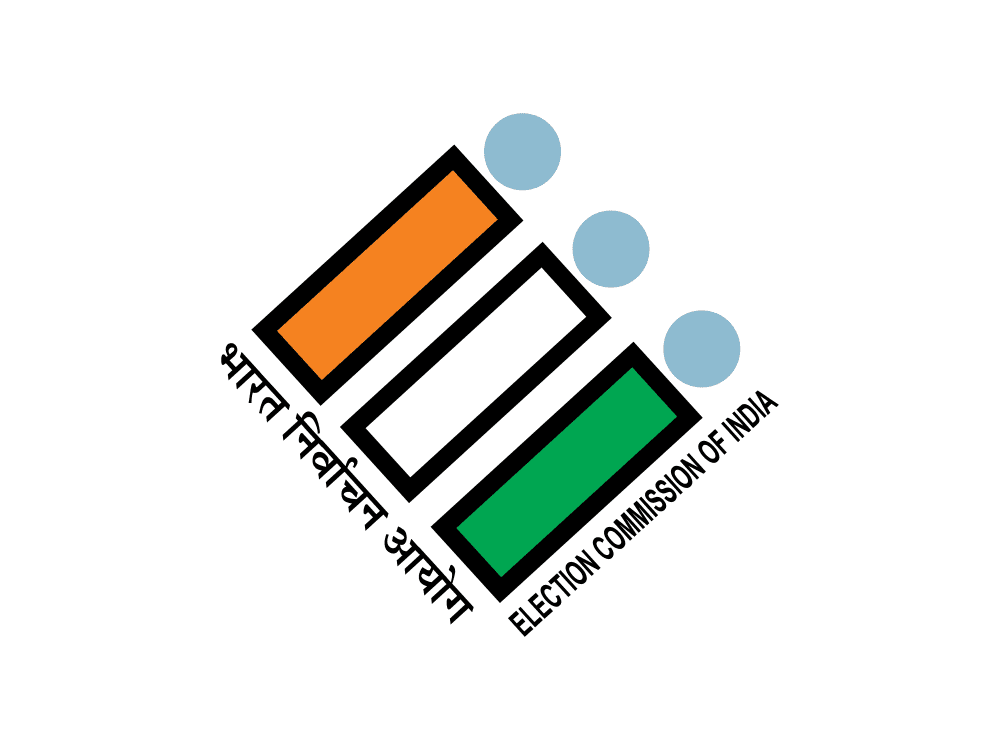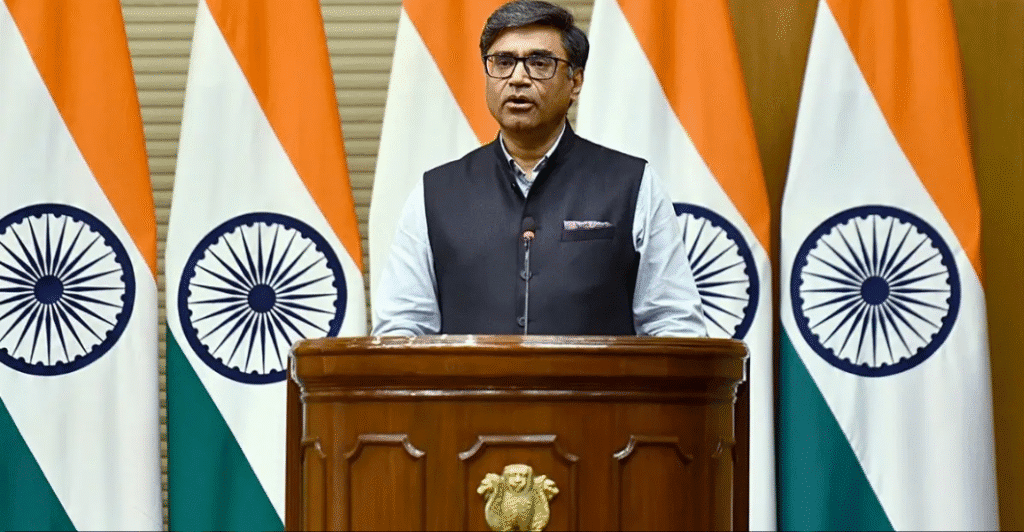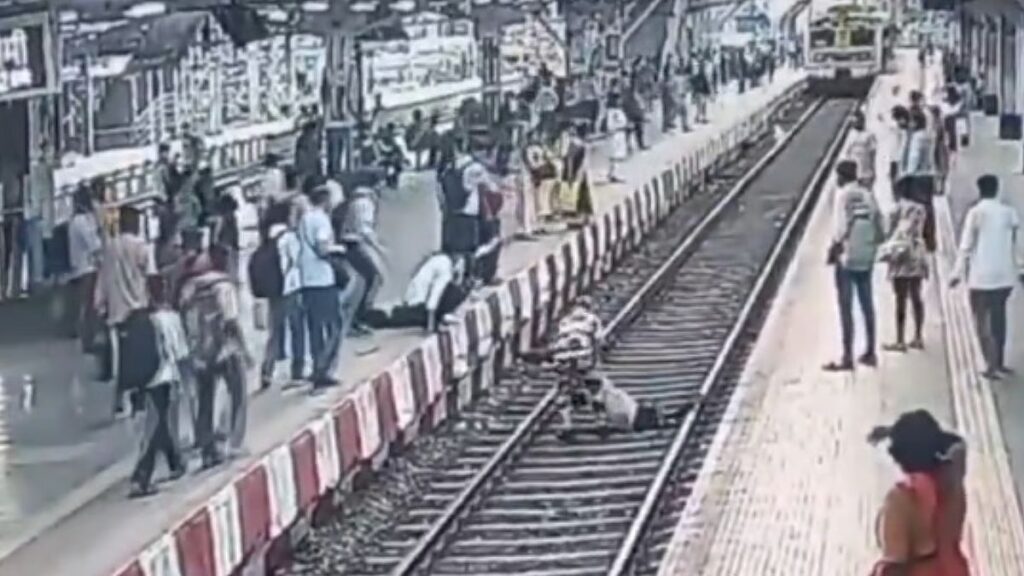Sagar Bhalerao | 21 June, 2025
The Election Commission of India (ECI) has recently directed poll officers to destroy CCTV, webcasting, and video footage of the election process 45 days after polling, provided no election petition is filed in court within that period. This move has sparked significant debate regarding its intentions, implications, and potential impact on the health of Indian democracy.
Background and ECI’s Stated Intention
The ECI’s order, issued via a letter to state chief electoral officers, mandates that all electronic recordings—CCTV, webcasting, and video footage—taken during various stages of the election process be destroyed after 45 days unless a legal challenge (election petition) is filed in court within that window.
The ECI’s primary justification is the growing misuse of such footage on social media to spread misinformation and create “malicious narratives” by selectively or out-of-context using content, which, according to the Commission, does not lead to any legal outcome but can damage public trust in the electoral process. The ECI also cites concerns about voter privacy and the potential for footage to be used in ways that could compromise the identity of voters or be manipulated using artificial intelligence to create fake narratives.
Legal and Procedural Context
Retention Period: Indian law allows anyone to file an election petition challenging poll results within 45 days. The ECI’s order aligns the retention of footage with this legal window, arguing that footage is not mandated by electoral law but is an internal management tool.- Rule Change:In December 2024, the government amended Rule 93 of the Conduct of Election Rules, 1961, to restrict public inspection of electronic documents like CCTV footage, further supporting the ECI’s move.
Cons and Criticisms
While the ECI’s intentions are rooted in concerns over privacy and misinformation, several significant drawbacks and criticisms have been raised:
1. Reduced Transparency and Accountability- Destroying footage after 45 days limits the ability of civil society, media, and independent observers to scrutinize the electoral process beyond the narrow legal window. This undermines transparency, especially in cases where irregularities or malpractices come to light after the deadline.- It also restricts the public’s right to information, making it harder to hold the electoral process accountable and eroding trust in the system.
2. Hurdles for Investigative Journalism and Civil Society- Journalists and watchdogs often play a crucial role in uncovering election-related malpractices. The destruction of footage curtails their ability to investigate and report on potential wrongdoing, especially if evidence emerges after the 45-day period.
3. Potential for Cover-up or Evasion- Critics argue that limiting access and destroying records could be seen as a move to suppress evidence of irregularities, whether intentional or accidental, thus providing less protection for whistleblowers and complainants.
4. Negative Impact on Democracy- Democracy thrives on transparency, public participation, and accountability. Limiting access to critical evidence and reducing the period for scrutiny can foster suspicion, diminish public confidence, and weaken democratic norms.- International observers and democracy indices have already noted a decline in India’s democratic standards, citing increasing restrictions on civil liberties and transparency. Moves like this could further such perceptions.
5. Inadequate Justification- While the ECI cites privacy and misuse concerns, critics point out that robust data protection and anonymization protocols could address these issues without resorting to destruction of evidence.
Why This Move Is Seen as Harmful to Indian Democracy?
– Transparency is a cornerstone of electoral integrity: By destroying footage, the ECI reduces the ability of citizens and institutions to verify that elections were free and fair, especially in an era of increasing public skepticism.
– Checks and balances are weakened: if evidence of potential wrongdoing is routinely erased, making it harder to challenge or correct errors, whether administrative or deliberate.
– International perception matters: India’s recent downgrades in global democracy rankings have cited reduced transparency and increased restrictions on civil liberties as major concerns. Such moves risk further damaging India’s democratic reputation.
While the Election Commission of India’s decision to destroy CCTV and other electronic footage after 45 days is intended to prevent misuse and protect privacy, it raises serious concerns about transparency, accountability, and the health of Indian democracy. The move restricts the ability of citizens, journalists, and civil society to scrutinize the electoral process, potentially undermining public trust and weakening democratic norms. In a democracy, robust mechanisms for transparency and oversight are essential, and any step that curtails these should be carefully reconsidered.



